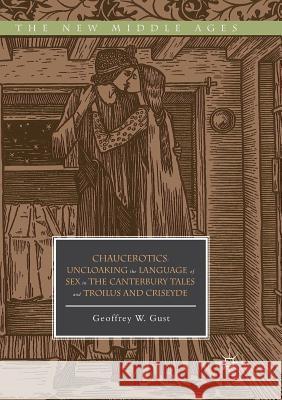Chaucerotics: Uncloaking the Language of Sex in the Canterbury Tales and Troilus and Criseyde » książka
topmenu
Chaucerotics: Uncloaking the Language of Sex in the Canterbury Tales and Troilus and Criseyde
ISBN-13: 9783030078454 / Angielski / Miękka / 2018 / 332 str.
Chaucerotics: Uncloaking the Language of Sex in the Canterbury Tales and Troilus and Criseyde
ISBN-13: 9783030078454 / Angielski / Miękka / 2018 / 332 str.
cena 240,93
(netto: 229,46 VAT: 5%)
Najniższa cena z 30 dni: 231,29
(netto: 229,46 VAT: 5%)
Najniższa cena z 30 dni: 231,29
Termin realizacji zamówienia:
ok. 22 dni roboczych
Dostawa w 2026 r.
ok. 22 dni roboczych
Dostawa w 2026 r.
Darmowa dostawa!
Kategorie:
Kategorie BISAC:
Wydawca:
Palgrave MacMillan
Seria wydawnicza:
Język:
Angielski
ISBN-13:
9783030078454
Rok wydania:
2018
Wydanie:
Softcover Repri
Numer serii:
000016390
Ilość stron:
332
Waga:
0.41 kg
Wymiary:
21.01 x 14.81 x 1.83
Oprawa:
Miękka
Wolumenów:
01
Dodatkowe informacje:
Wydanie ilustrowane











